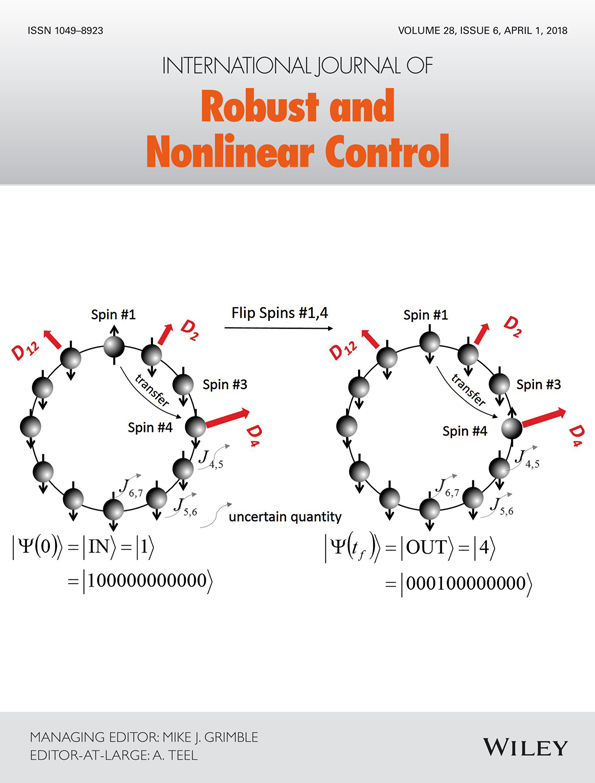A symplectic local pseudospectral method for solving nonlinear state-delayed optimal control problems with inequality constraints
Summary
In this paper, a symplectic local pseudospectral (PS) method for solving nonlinear state-delayed optimal control problems with inequality constraints is proposed. We first convert the original nonlinear problem into a sequence of linear quadratic optimal control problems using quasi-linearization techniques. Then, based on local Legendre-Gauss-Lobatto PS methods and the dual variational principle, a PS method to solve these converted linear quadratic constrained optimal control problems is developed. The developed method transforms the converted problems into a coupling of a system of linear algebraic equations and a linear complementarity problem. The coefficient matrix involved is sparse and symmetric due to the benefit of the dual variational principle. Converged solutions can be obtained with few iterations because of the local PS method and quasi-linearization techniques are used. The proposed method can be applied to problems with fixed terminal states or free terminal states, and the boundary conditions and constraints are strictly satisfied. Numerical simulations show that the developed method is highly efficient and accurate.




